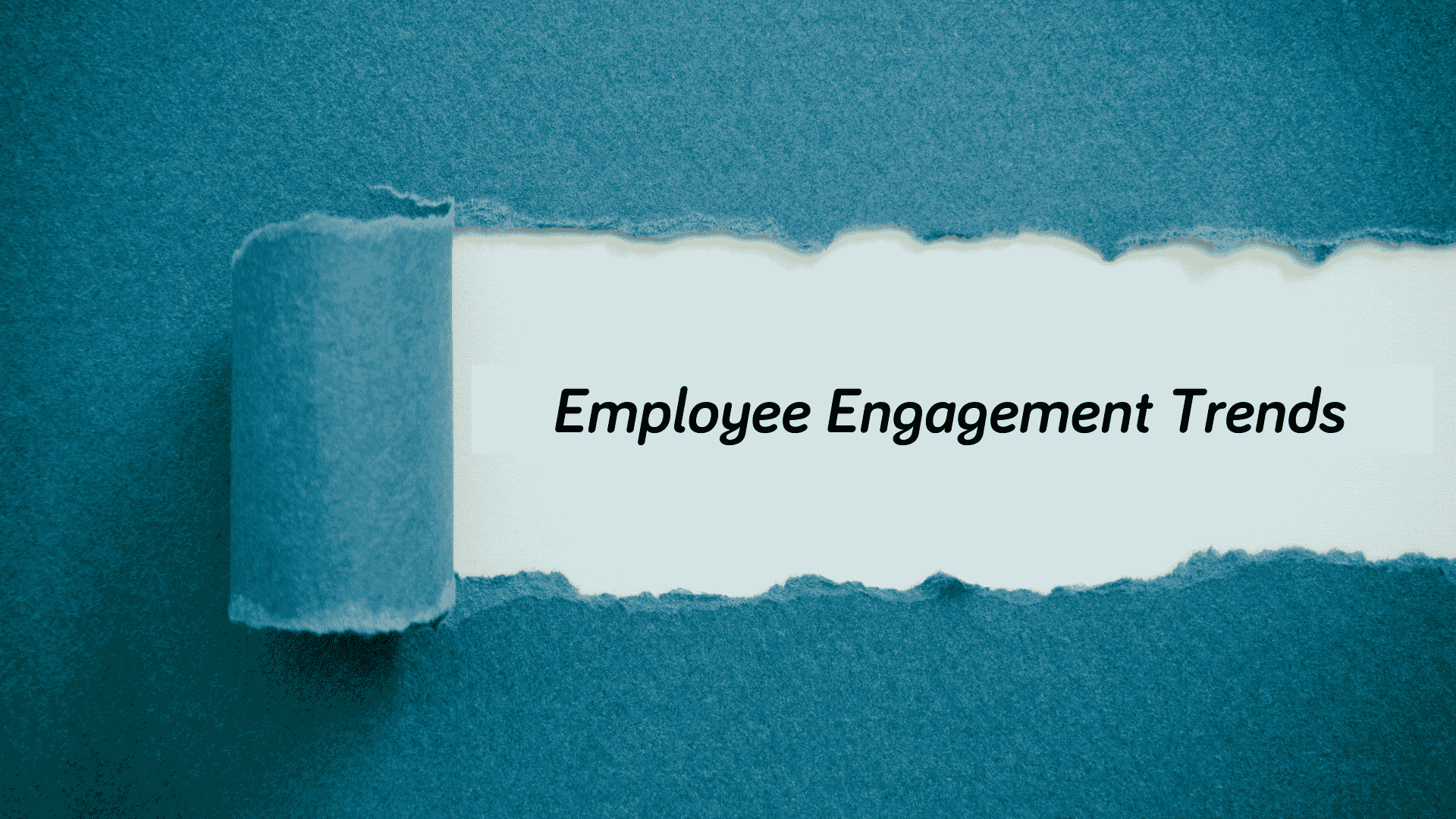How Poor Sleep Can Damage Employee Wellbeing
July 1, 2021Categorised in: Employee Wellbeing
A good night’s sleep can often be more difficult to achieve than we like to think. First of all, the amount that we like to sleep can vary from person to person. The average amount is 7-8 hours but this can go to as low as 6 or as high as 10+ hours per night!
Then, of course, there are conditions that create sleep deprivation such as insomnia and the impact of Mental Health Conditions. All of this has meant that, currently, around 1 in 3 suffer from poor sleep in the UK. There are several repercussions to this, including increased depression, a higher risk of developing physical health conditions and, for businesses, a significant drop in Employee Wellbeing.
The impact on wellbeing at work
There are some serious problems that can emerge from sleep deprivation, and if you’re struggling with sleep we advise that you go to the NHS page on poor sleep Here for information on these issues. But when it comes to employee wellbeing at work, there can be a significantly negative impact.
For one, many workers attribute poor sleep to their jobs. Some of the most common sources of blame tend to be stress, computer screens, and taking work home. This means that outlook on work and employers may worsen as a result of sleep loss. Another, way it changes employee wellbeing is through its impact on our mental health. Simply put, poor sleep can greatly lower staff engagement and interest in work.
Also, it almost goes without saying but sleep deprivation severely reduces our capacity to be productive. Research by Rand Europe estimated that Britain losses 200,000 working days and as much as £40 billion a year to sleep deprivation. This is due both to lack of energy and the worsening welfare of employees affected by poor sleep.
Employee wellbeing support that companies can offer
If you’re suffering from sleep deprivation there are several recommendations including:
- Keeping regular sleeping hours
- Confronting sleeplessness by doing activities
- Exercising more
- Lowering caffeine and alcohol intake
- Improving your sleeping environment and headspace
More information is available on the above via the NHS, but for companies looking to support their workers, the solutions are quite broad. We recommend providing information and mental health support packages for the above and creating relaxation or break-out spaces in your offices. Moreover, building a culture of understanding around the impact poor sleep has on employees and their wellbeing is invaluable.
At HIVE360 Support Services Ltd we aim to help employers with issues around poor sleep and offer wider mental health support with our Employee Benefits App. This portal for staff features a My Health Section that includes 24/7 GP access as well as a personal wellbeing support helpline and a library of health advice. It can greatly improve your capacity to support your workforce and significantly increase Employee Engagement.
So, for more information, you can read about Our Solutions Here.




